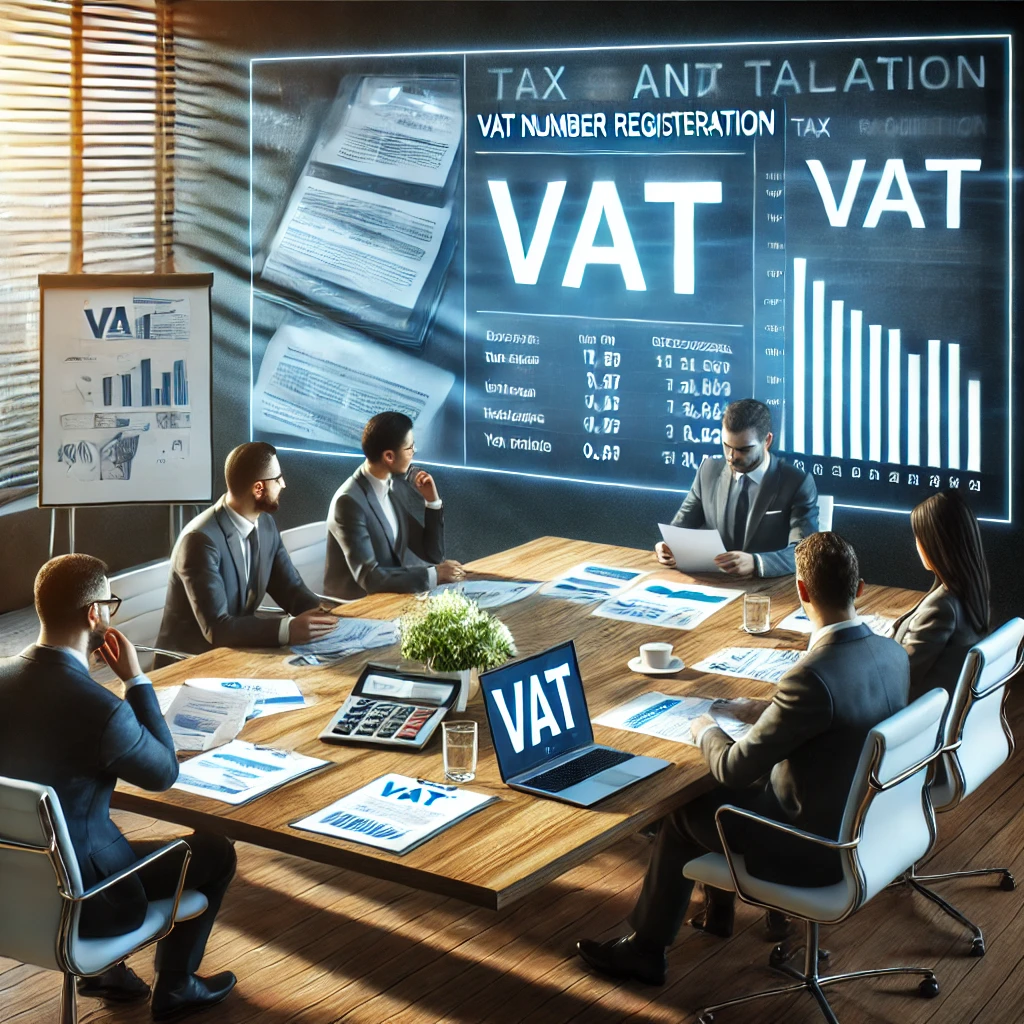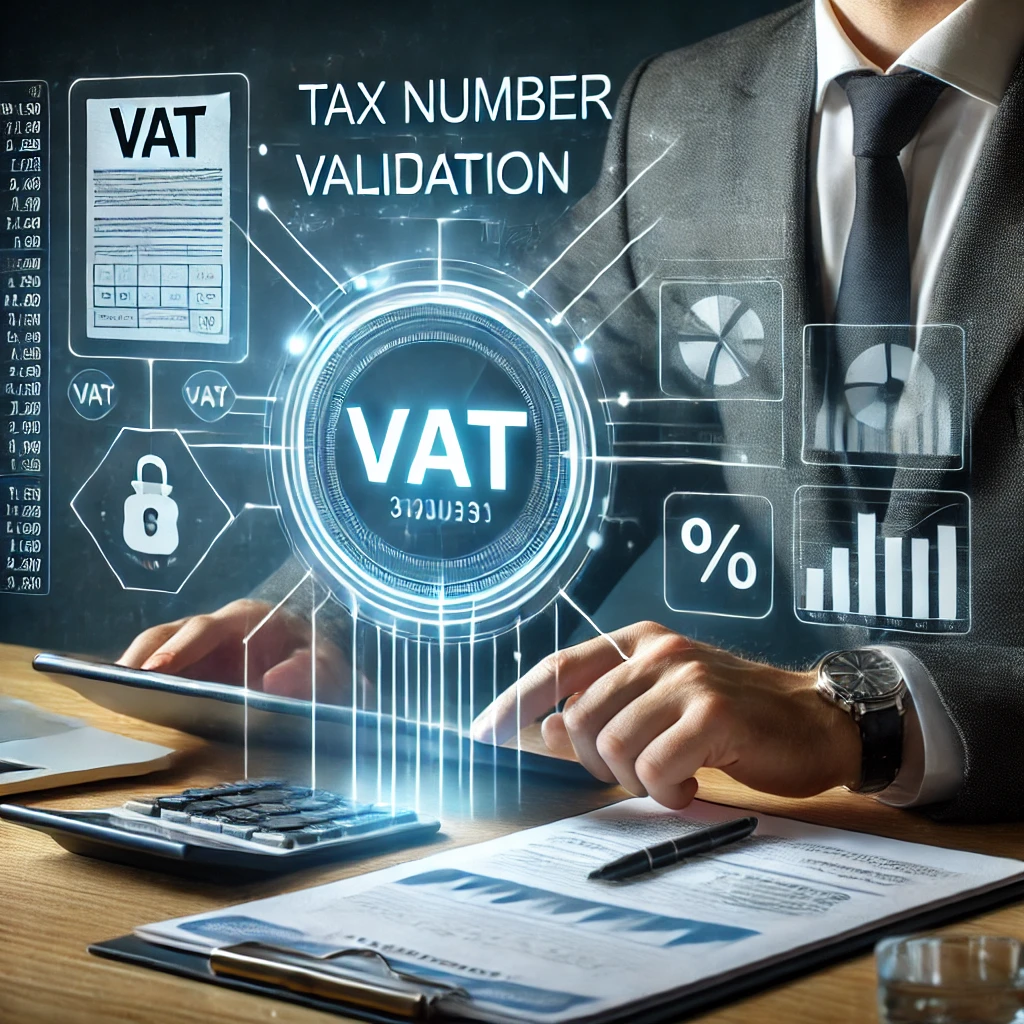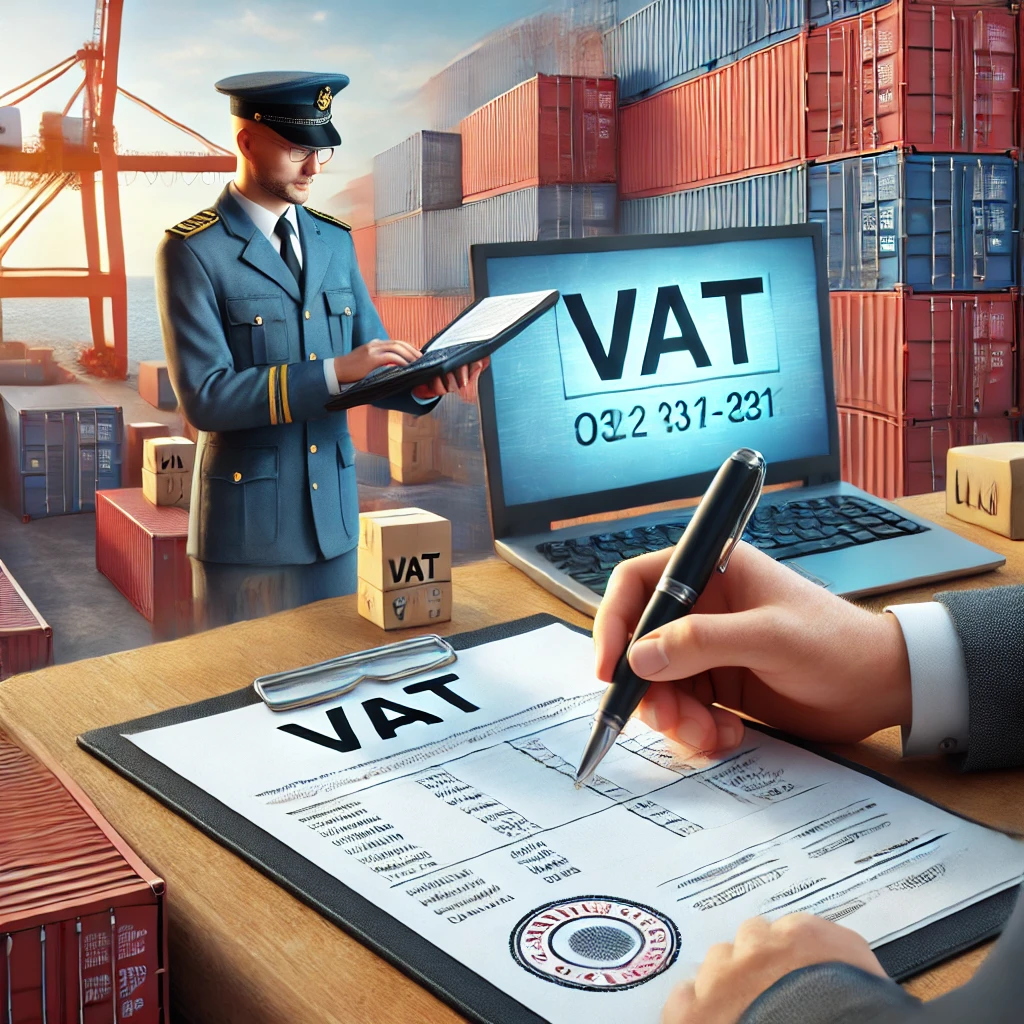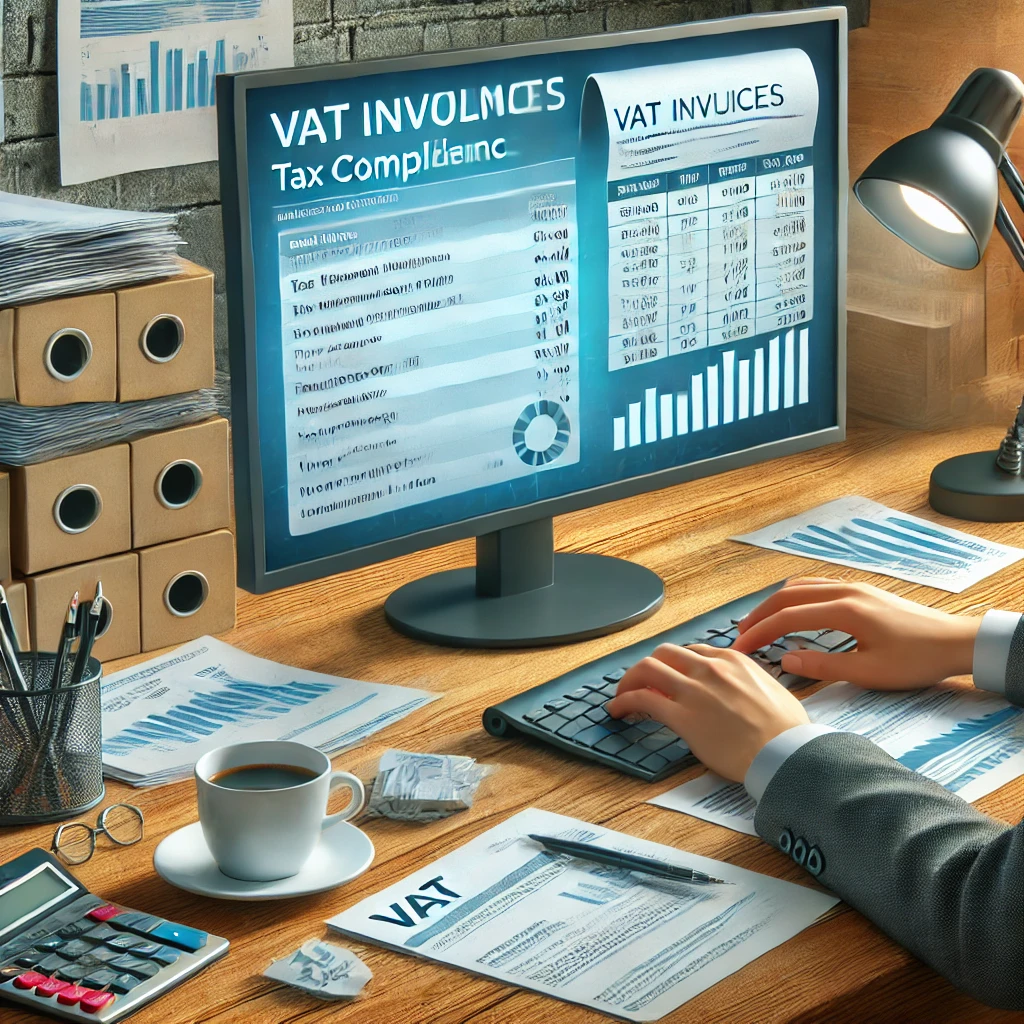What Is a VAT Number and Why Does It Matter?

What Is a VAT Number?
A VAT number is a unique identifier assigned by tax authorities to businesses that collect and remit VAT. This number is required for businesses that meet the VAT registration threshold in their respective countries. It ensures proper tax documentation, allows for VAT refunds, and simplifies cross-border trade within VAT-implementing regions.
VAT is a consumption tax applied to goods and services at each stage of the supply chain, from production to final sale. Businesses registered for VAT must include their VAT number on invoices and other tax-related documents.
Key Features of a VAT Number
- Unique Identifier:
- Each VAT number is unique to a business and is issued by the respective country’s tax authority.
- It typically includes country-specific prefixes (e.g., DE123456789 for Germany, FR123456789 for France).
- Mandatory for VAT-Registered Businesses:
- Businesses exceeding the VAT registration threshold must apply for a .
- Failure to register can lead to penalties and legal consequences.
- Required for International Trade:
- Businesses trading within the European Union (EU) need a to comply with intra-EU trade regulations.
- Helps businesses reclaim VAT paid on imported goods.
- Used for VAT Invoicing and Compliance:
- VAT-registered businesses must include their on all invoices.
- Required for Input VAT claims (VAT refunds on business expenses).

How to Get a VAT Number?
The process for obtaining a VAT number varies by country, but it typically involves:
- Registering with the Tax Authority
- Businesses must apply for VAT registration through their local tax agency.
- Some countries allow online applications, while others require physical documentation.
- Meeting VAT Threshold Requirements
- Most countries have a minimum revenue threshold for VAT registration.
- For example, the UK requires businesses with an annual turnover above £85,000 to register for VAT.
- Providing Business Information
- Legal business name and address
- Business structure (sole trader, partnership, corporation)
- Estimated annual revenue
- Receiving VAT Certificate and Number
- Once approved, the tax authority issues a and certificate.
- Businesses can now charge VAT on sales and claim VAT refunds.
Where Is a VAT Number Used?
- On Invoices and Receipts
- VAT-registered businesses must include their VAT number on all invoices issued to customers.
- In VAT Returns and Compliance Filings
- Businesses must file periodic VAT returns, reporting VAT collected and paid.
- For VAT Refund Claims
- Companies can reclaim VAT on business-related expenses.
- In Cross-Border Trade
- EU businesses trading with other EU countries must include VAT numbers in tax documentation to qualify for VAT exemptions.

Why Is a VAT Number Important?
- Ensures Legal Compliance
- Businesses operating above the VAT threshold must register to avoid penalties.
- Proper invoicing with VAT numbers ensures compliance with tax laws.
- Facilitates International Trade
- Businesses dealing with cross-border trade can benefit from VAT-free intra-EU transactions if both buyer and seller are VAT-registered.
- Allows for VAT Reclaims
- Businesses can deduct VAT paid on business purchases, reducing tax liabilities.
- Improves Business Credibility
- A VAT number signifies that a company is a legitimate, tax-compliant entity.
- Some suppliers require a VAT number before conducting business.
Checking a VAT Number’s Validity
To verify a VAT number, businesses can:
- Use the EU VAT VIES system (for EU-based VAT numbers).
- Check with the local tax authority’s online database.
- Confirm the number on official invoices and tax documents.

Common Misconceptions About VAT Numbers
- “Only large businesses need a VAT number.”
- Many small businesses also register for VAT to reclaim tax on expenses.
- “VAT registration is the same worldwide.”
- VAT regulations differ significantly by country.
- “VAT is only for physical goods.”
- VAT applies to services, digital products, and e-commerce transactions as well.
Conclusion
A VAT number is an essential requirement for businesses operating in VAT jurisdictions. It facilitates tax compliance, ensures smooth international trade, and allows businesses to reclaim VAT on expenses. Understanding the role and importance of VAT numbers helps companies navigate tax regulations efficiently, avoid legal issues, and optimize financial operations. Businesses engaging in international transactions should ensure they are VAT-registered and stay updated with evolving tax laws to remain compliant and competitive in global markets
